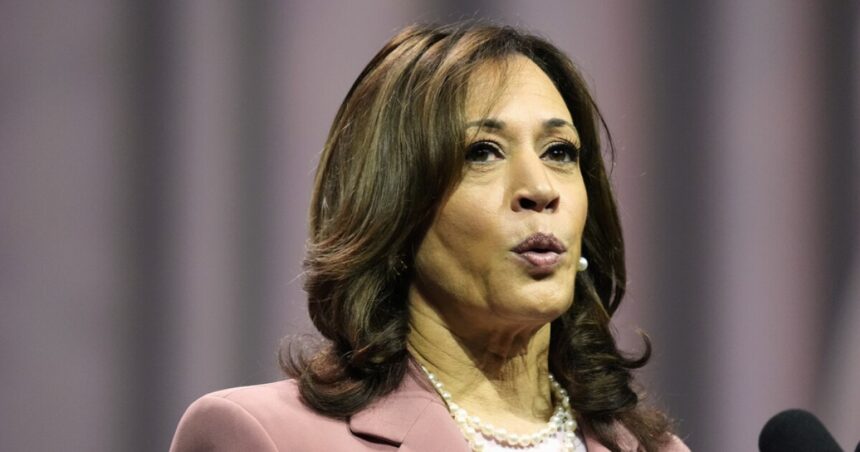Vice President Kamala Harris’ campaign has announced the creation of Republicans for Harris, a group aimed at attracting Republicans who are displeased with former President Donald Trump. The coalition includes former Trump White House aides and former members of Congress.
The Harris campaign plans to hold kickoff events in key states such as Arizona, North Carolina, and Pennsylvania, leading up to the presidential election. Republican surrogates will also join Harris on her tour of battleground states with her soon-to-be-revealed running mate.
Some of the GOP surrogates supporting Harris’s campaign are former Trump White House officials Stephanie Grisham and Olivia Troye, former Georgia Lt. Governor Geoff Duncan, and former Rep. Adam Kinzinger. Mesa, Arizona, Mayor John Giles, a current elected official, has also expressed his support for Harris.
“Serving as his chief spokesperson and one of the longest-serving members of his team, I saw firsthand the lengths Trump was willing to go to stay in power as he did on January 6th, and the lies he so easily told Americans for the length of the Administration. I might not agree with Vice President Kamala Harris on everything, but I know that she will fight for our freedom, protect our democracy, and represent America with honor and dignity on the world stage,” said Grisham in a statement.
Polling indicates most Republicans have already made their decision
A recent poll conducted by Harvard University Center for American Political Studies reveals that 92% of Republicans plan to vote for Trump, while only 5% intend to vote for Harris. The poll also shows that 3% of Republicans are undecided about their choice.
When asked to choose between Trump and Harris, 94% of Republicans chose Trump and 6% opted for Harris.
Independents appear to be more undecided about their choice. The poll indicates that Trump leads among independents at 45-39, with 16% of unaffiliated voters still unsure about their decision.
While three-quarters of voters for both candidates claim to have made up their minds, a quarter of those supporting Trump or Harris admit they could change their minds.





